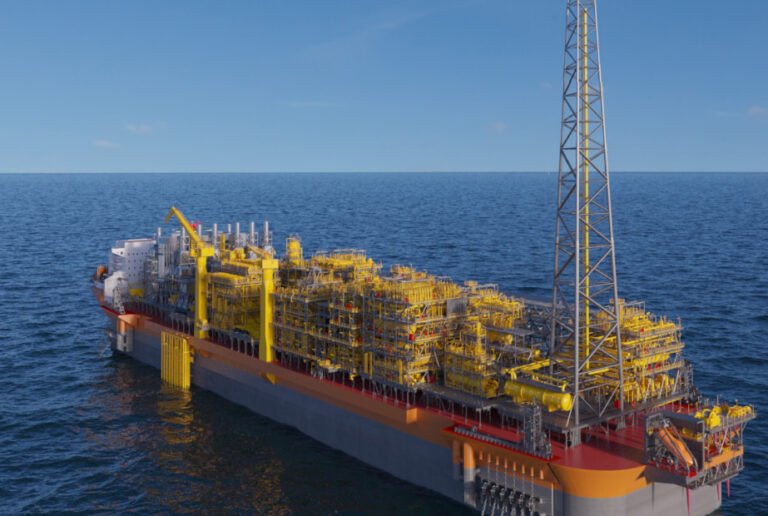Netherlands-Based SBM Offshore Partners with Petrobras for Carbon Capture Study
Netherlands-based SBM Offshore, a leading provider of offshore floating facilities, has been commissioned by Brazil’s energy giant Petrobras to conduct a study on the design and commercial evaluation of carbon capture systems to be integrated into future floating production, storage, and offloading (FPSO) units.
Petrobras aims to reduce emissions associated with FPSO oil and gas production, leading to the collaboration with SBM Offshore, which will work in conjunction with Mitsubishi Heavy Industries (MHI) to explore the implementation of carbon capture modules on FPSOs using MHI’s CO2 capture technology and SBM Offshore’s Fast4Ward principles.
This initiative is part of SBM Offshore’s emissionZERO program, which focuses on reducing emissions from oil and gas production activities on FPSOs. The study will involve the design and assessment of various carbon capture models tailored for deployment on Petrobras-operated FPSOs, considering factors such as gas flow rates, turbine types, and CO2 concentrations.
Olivier Icyk, Chief Business Officer at SBM Offshore, expressed confidence in the partnership with Petrobras, stating, “The signature of this study demonstrates the trust that Petrobras has in SBM Offshore as an ocean infrastructure pioneer. We continue to work towards decarbonization solutions in the design of our products and in our offshore operations.”
SBM Offshore’s commitment to delivering cleaner energy production is evident in its ongoing development of a near-zero emissions FPSO concept, with plans to introduce a market-ready solution by 2025. The company foresees numerous FPSO opportunities in the coming years, with a significant portion aligning with its emission reduction objectives.
In line with its sustainability goals, SBM Offshore recently acquired a stake in Ocean-Power, expanding its carbon capture expertise into the power market to support low-carbon electricity generation. Furthermore, the company has commenced oil production at a field in Brazil’s pre-salt Santos Basin, showcasing its dedication to advancing sustainable energy solutions.

